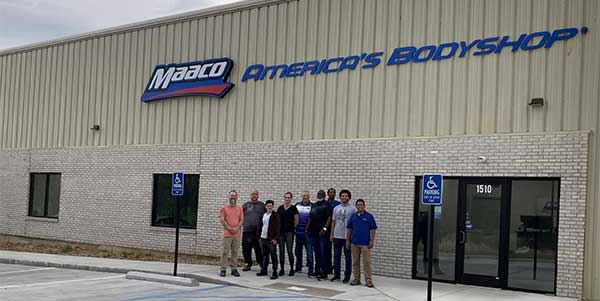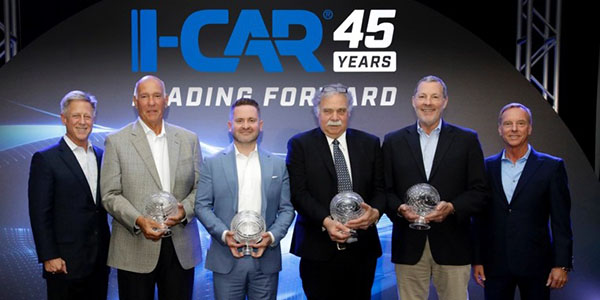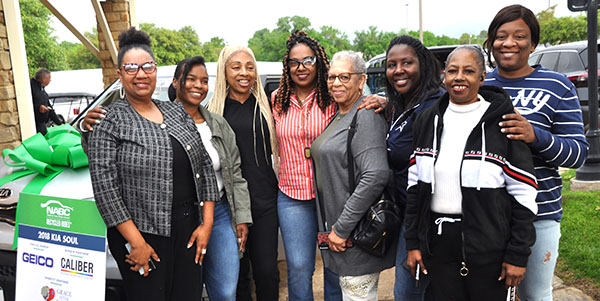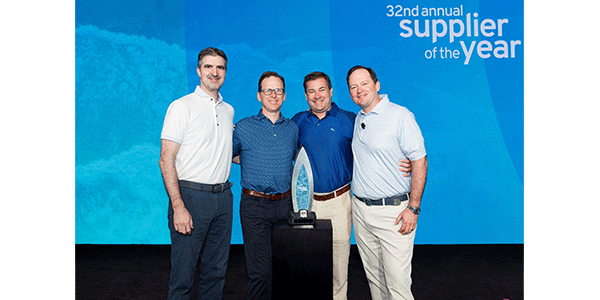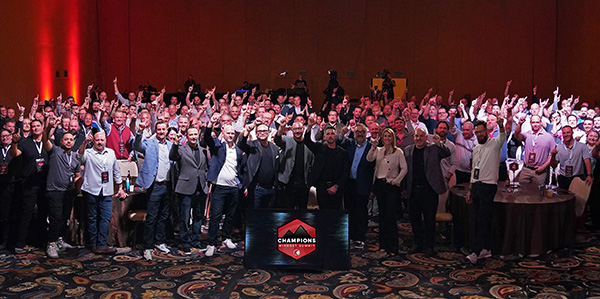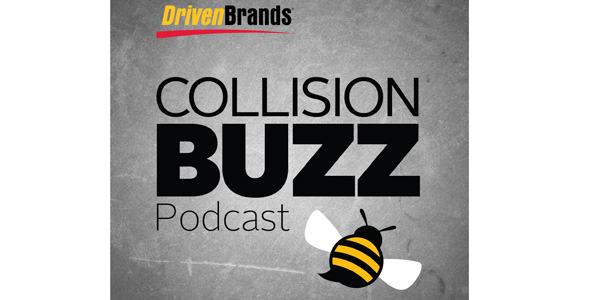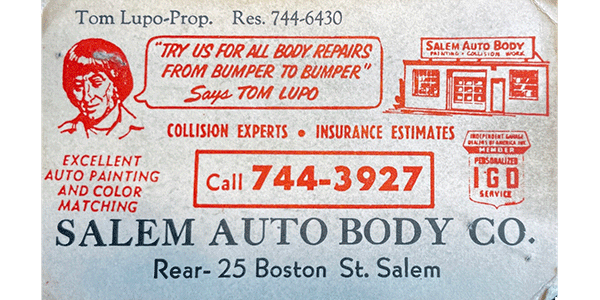Autonomous vehicles would have to be driven hundreds of millions of miles and, under some scenarios, hundreds of billions of miles to create enough data to clearly demonstrate their safety, according to a new RAND report.
Under even the most aggressive test-driving assumptions, it would take existing fleets of autonomous vehicles tens and even hundreds of years to log sufficient miles to adequately assess the safety of the vehicles when compared to human-driven vehicles, according to the analysis.
Researchers say the findings suggest that in order to advance autonomous vehicles into daily use, alternative testing methods must be developed to supplement on-the-road testing. Alternative methods might include accelerated testing, virtual testing and simulators, mathematical modeling, scenario testing and pilot studies.
“Our results show that developers of this technology and third-party testers cannot drive their way to safety,” said Nidhi Kalra, co-author of the study and a senior scientist at RAND, a nonprofit research organization. “It’s going to be nearly impossible for autonomous vehicles to log enough test-driving miles on the road to statistically demonstrate their safety, when compared to the rate at which injuries and fatalities occur in human-controlled cars and trucks.”
According to the Center for Disease Control and Prevention, motor vehicle accidents are a leading cause of premature death in the United States and are responsible for over $80 billion annually in medical care and lost productivity due to injuries. Autonomous vehicles hold enormous potential for managing this crisis and researchers say autonomous vehicles could significantly reduce the number of accidents caused by human error.
According to the National Highway Traffic Safety Administration, more than 90 percent of automobile crashes are caused by human errors such as driving too fast, as well as alcohol impairment, distraction and fatigue. Autonomous vehicles are never drunk, distracted or tired; these factors are involved in 41 percent, 10 percent and 2.5 percent of all fatal crashes, respectively.
However, researchers acknowledge autonomous vehicles may not eliminate all crashes, and the safety of human drivers is a critical benchmark against which to compare the safety of autonomous vehicles.
Although the total number of crashes, injuries and fatalities from human drivers is high, the rate of these failures is low in comparison with the number of miles that people drive. Americans drive nearly 3 trillion miles every year, according to the Bureau of Transportation Statistics. In 2013, there were 2.3 million injuries reported, which is a failure rate of 77 injuries per 100 million miles driven. The related 32,719 fatalities correspond to a failure rate of about one fatality per 100 million miles driven.
“The most autonomous miles any developer has logged is about 1.3 million, and that took several years. This is important data, but it does not come close to the level of driving that is needed to calculate safety rates,” said Susan M. Paddock, co-author of the study and senior statistician at RAND. “Even if autonomous vehicle fleets are driven 10 million miles, one still would not be able to draw statistical conclusions about safety and reliability.”
Researchers caution that it may not be possible to establish with certainty the reliability of autonomous vehicles prior to making them available for public use. In parallel to creating new testing methods, it is imperative to develop regulations and policies that can evolve with the technology.
The report, “Driving to Safety: How Many Miles of Driving Would It Take to Demonstrate Autonomous Vehicle Reliability?” is available at www.rand.org.
Funding for the report was provided by philanthropic donations to RAND Corporation.


